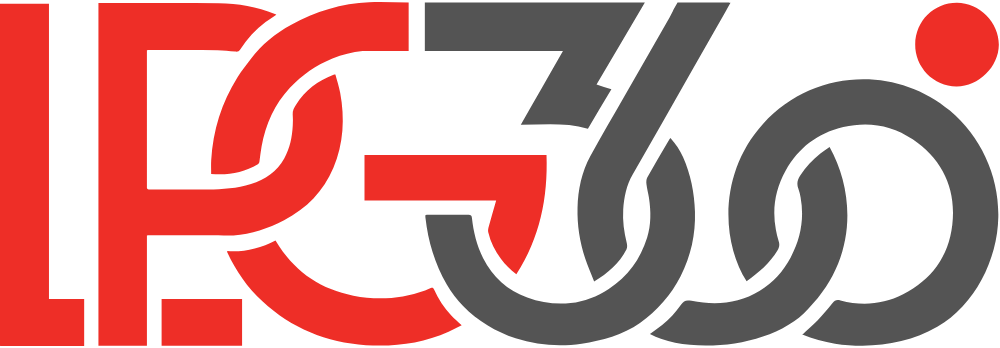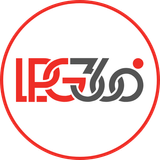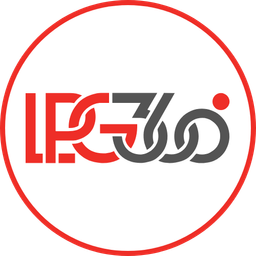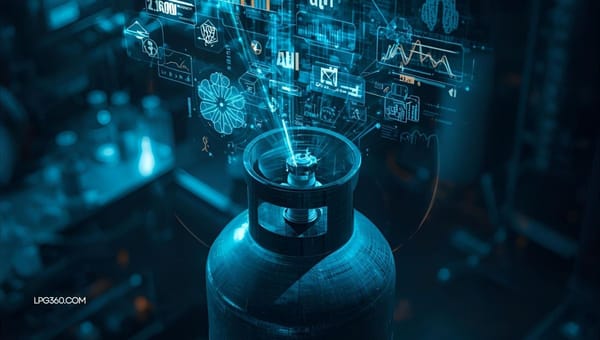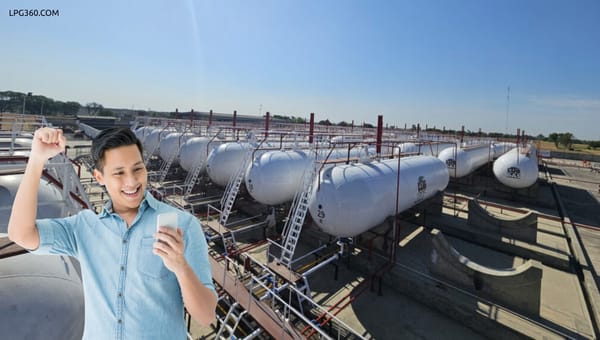Making Your LPG Plant More Efficient

Optimizing LPG Plant Operations
In today's competitive energy landscape, efficiency is crucial. Optimizing LPG Plant operations can reduce costs, increase productivity, and minimize environmental impact. By leveraging cutting-edge technologies and innovative strategies, facilities can streamline processes, minimize waste, and improve overall performance. Implementing efficient processes can also lead to improved safety standards and reduced environmental impact. Furthermore, optimizing operations can help LPG Plants adapt to changing market demands and regulatory requirements.
Identifying Inefficiencies
Common pain points in LPG Plants include:
- Inefficient supply chain management – Poor coordination can lead to delays, increased costs, and inventory mismanagement.
- Suboptimal equipment performance – Outdated or poorly maintained equipment reduces productivity and increases energy consumption.
- Inadequate data analysis and insights – Without proper analytics, decision-making can be reactive rather than proactive, leading to inefficiencies.
Best Practices to Enhance Efficiency
1. Digitalization and Automation
- Implement IoT sensors to monitor gas levels, detect leaks, and track real-time operational data.
- Utilize AI-driven analytics to identify patterns and inefficiencies, allowing for proactive adjustments.
- Automate routine tasks such as filling, packaging, and quality control to minimize human errors and improve consistency.
2. Predictive Maintenance
- Leverage machine learning algorithms to predict equipment failures before they occur, reducing costly downtime.
- Schedule regular inspections based on data-driven insights rather than fixed timeframes to optimize maintenance efforts.
- Use remote monitoring tools to track equipment health in real-time, enabling immediate response to potential issues.
3. Optimized Supply Chain Management
- Implement just-in-time inventory management to ensure the right amount of stock is available without excess storage costs.
- Enhance logistics planning with route optimization software to reduce transportation expenses and improve delivery efficiency.
- Streamline procurement processes by using data analytics to forecast demand accurately, reducing lead times and preventing shortages.
4. Energy Efficiency
- Invest in energy-efficient equipment such as low-energy burners and high-efficiency compressors to reduce fuel consumption.
- Optimize energy usage by implementing smart energy management systems that adjust power consumption based on operational needs.
- Explore renewable energy sources such as solar panels and biofuels to decrease dependency on traditional energy and lower operational costs.
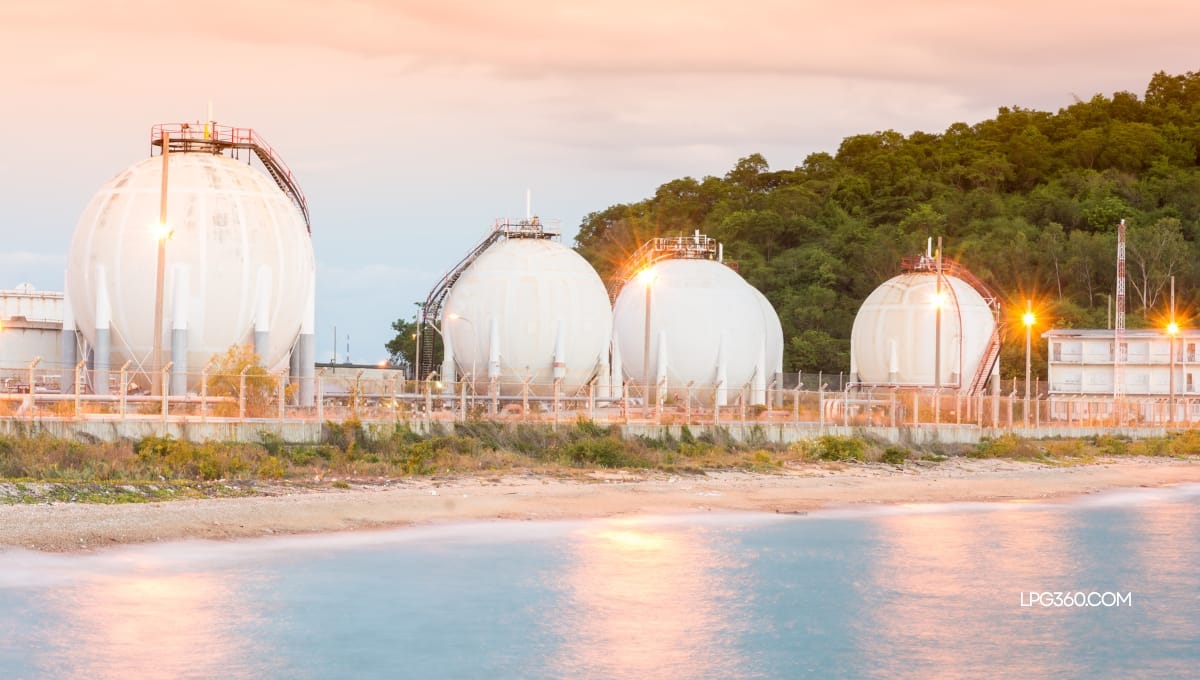
Conclusion
By embracing digitalization, automation, and innovative strategies, LPG Plants can significantly enhance efficiency, reduce costs, and improve profitability. Stay ahead of the competition by leveraging cutting-edge technologies and best practices to optimize your operations. Implementing efficient processes can lead to increased customer satisfaction, improved brand reputation, and access to new business opportunities. Moreover, optimizing operations can help LPG Plants reduce their environmental footprint and contribute to a more sustainable future. By prioritizing efficiency, LPG Plants can unlock their full potential and achieve long-term success.
Ready to optimize your LPG Plant's efficiency? Contact our experts today to schedule a consultation!
#LPG #LPG360 #LPGEfficiency #GasPlantOptimization #DigitalTransformation #Automation #PredictiveMaintenance #SupplyChainOptimization #EnergyEfficiency #RenewableEnergy #Innovation #LPGIndustry #IndustrialSolutions #SustainableEnergy #SmartManufacturing #IndustrialAutomation #OperationalExcellence #GreenEnergy #IoTIntegration #CostSavings #ProcessOptimization #IndustrialSafety

